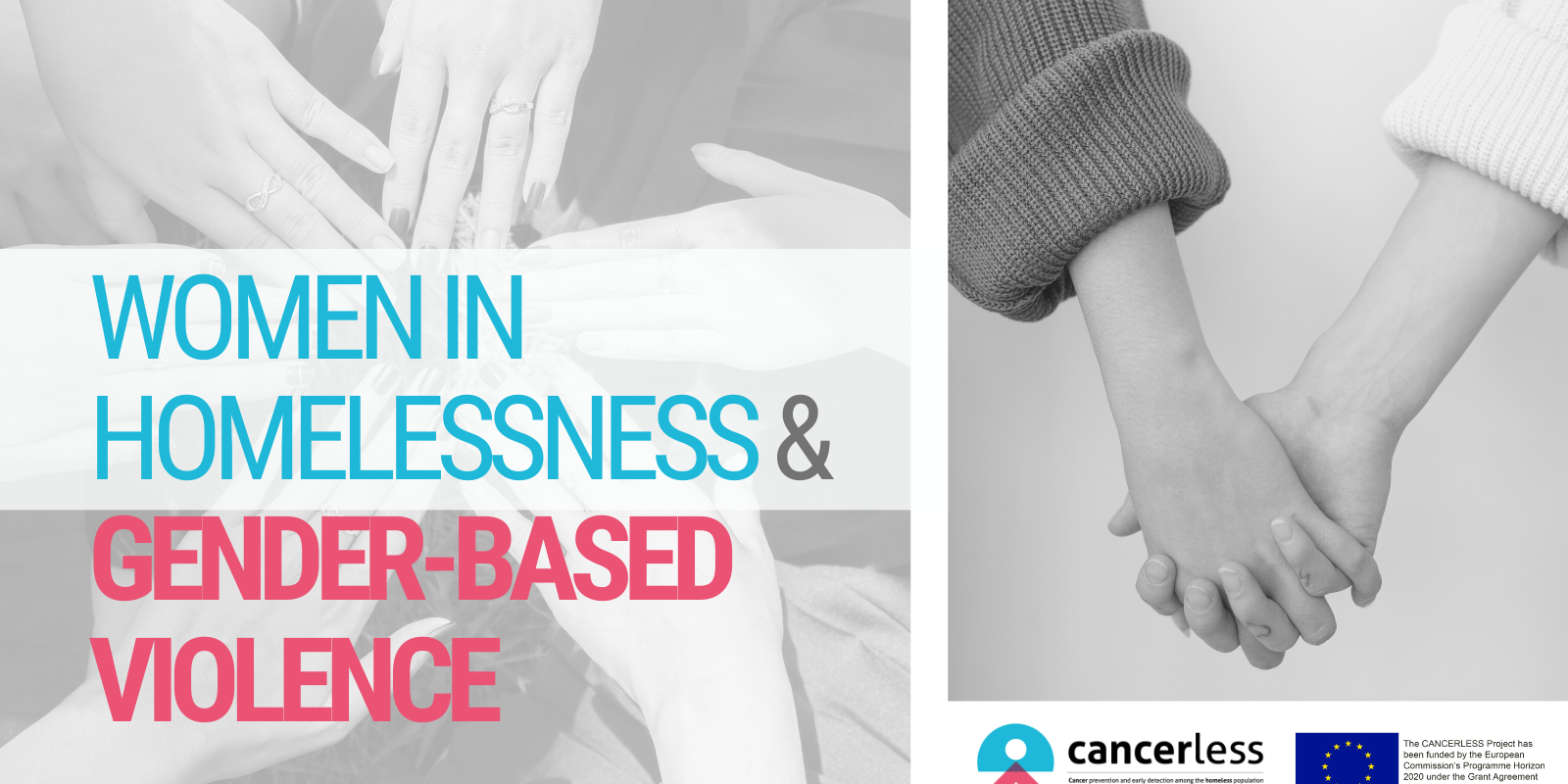Gender-based violence (GBV) is the biggest driver of women’s homelessness. It is a major cause of women’s homelessness as many women fleeing domestic violence are facing homelessness and it is also a consequence. While sleeping rough or staying in unsuitable accommodation for instance in mixed homelessness shelters or in unsafe informal arrangements, women are stigmatised, verbally and physically assaulted and they are at risk of continuous violence, exploitation and sexual abuse.
While GBV is a unique dimension of women’s homelessness and a near-universal experience for women experiencing homelessness, services that have been developed through a gender neutral lens are not designed to meet the specific needs of women experiencing homelessness and of survivors of gender-based violence.
🟠 #16Days, today with a good practice example from Budapest.
BMSZKI & several NGO partners collaborated in opening the first gynaecologist practice for women experiencing #homelessness in Hungary in September 2022.
Staff received training in two rounds 🧵⤵️ pic.twitter.com/ojww9VD8Po
— FEANTSA (@FEANTSA) December 4, 2022
An effective response to women’s homelessness is the development of gender and trauma-informed services that ensure women’s physical and emotional safety, establish quality relationships based on trust, work from a strengths-based empowerment model that gives women choices, autonomy and control. Such service provides staff training to recognize GBV and the effects of trauma and educates women about GBV and trauma which allows them to understand their trauma responses and develop coping mechanisms. Support is provided in an accessible, flexible and non-judgemental way. The integration of these key principles of trauma and gender informed care into the patient navigation model being developed in the Cancerless project could increase take-up of cancer screening and prevention action among women experiencing homelessness.
A good practice highlights how such an approach can be integrated into health services delivered for women experiencing homelessness. BMSZKI, the biggest homelessness service provider in Budapest and several NGO partners (Budapest Bike Maffia, Józan Babák Egyesület, etc) have opened the first gynecologist practice for homeless women in Hungary in September 2022. To ensure that the service operates on a trauma-informed basis, staff also received training in two rounds. Judit Győrfy, an independent expert held a two-day training for the nurses, gynaecologists and social workers (all of them female) where they discussed about trauma, its possible effects and how to ensure a trauma-informed way of working in each step of the process of welcoming a patient – from the moment she rings the bell to access the service to the hanging of the coat and the offer to take a shower as well as the discussion following the examination. Simultaneously, female social workers from BMSZKI services that work with women (day centres, shelters and hostels, temporary accommodation for families as well as outreach) participated in a three-day training by EMMA Association, where they learnt about the psychosocial development of women, how to address sexuality and gynecological health when talking with service users, and also discussed trauma and the signs of re-traumatization in theory and through their own lived experience.
FEANTSA has joined the 16 days of Activism against Gender-Based Violence , an annual international campaign that kicked off on 25 November, the International Day for the Elimination of Violence against Women, and runs until 10 December, Human Rights Day. Our aim is to raise awareness of the link between GBV and women’s homelessness and share key messages on addressing them. For all, housing is the only long term solution to homelessness, but for women housing is key for safety, protection from GBV and empowerment.

